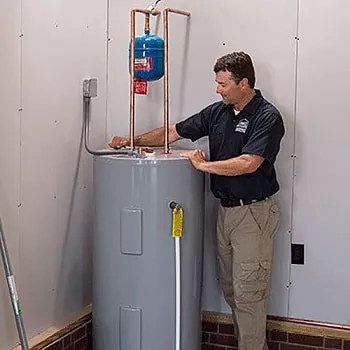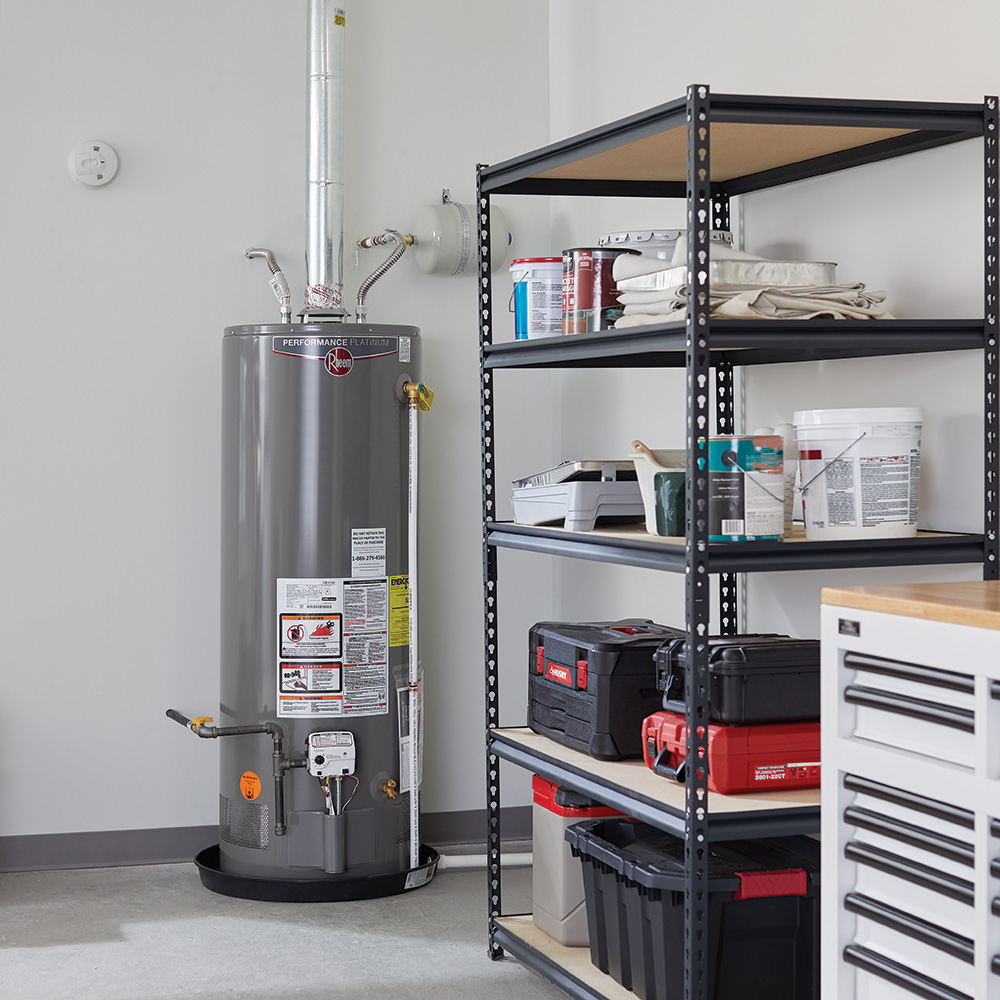Trustworthy Pipe Repair Solutions to Avoid Expensive Water Damage
Complete Overview to Water Heating UnitSetup and Replacement
Recognizing the intricacies of water heating unit installment and replacement is critical for house owners seeking to guarantee performance and integrity in their warm water supply. From picking the ideal kind and dimension to implementing a seamless installation process, numerous variables must be thought about to prevent typical pitfalls.
Kinds of Hot Water Heater
When thinking about water heating unit installation and replacement, it is crucial to understand the various sorts of water heating systems readily available in the marketplace. One of the most usual kinds include tank water heating systems, tankless water heaters, warm pump water heating systems, and solar hot water heater.
Tank water heating systems are traditional systems that store a specific quantity of warm water, making them conveniently offered when required. They are generally much less costly in advance yet may incur greater energy costs with time as a result of warm loss. In comparison, tankless hot water heater give warm water as needed, getting rid of the requirement for storage. They are energy reliable and can save area, however their initial expenses are normally higher.
Warmth pump water heating systems use electrical energy to transfer heat from the air or ground to heat water, offering considerable power cost savings however needing more room and specific installation conditions. Solar water heating systems harness solar energy to warmth water, supplying an environment-friendly choice with potential long-lasting price financial savings, although they usually need a backup system for cloudy days.
Understanding these options guarantees educated decisions regarding installment and replacement, accommodating particular demands and preferences.
Picking the Right Dimension
Choosing the appropriate dimension for a hot water heater is important to make sure optimum efficiency and performance. A device that is too little will struggle to satisfy house needs, resulting in irregular warm water accessibility and boosted power intake. Conversely, an extra-large hot water heater can cause unneeded energy waste and higher energy costs.
To determine the best size, consider the home's top warm water usage. This can be calculated based on the number of residents and their normal warm water needs. For instance, a household of 4 may require a water heater with an ability of 50 to 80 gallons, depending upon the usage patterns, such as simultaneous showers and laundry.
Furthermore, assess the healing rate, which determines how promptly a heater can restore warm water after it has actually been made use of. For tankless models, focus on the circulation rate, gauged in gallons per minute (GPM), to guarantee it meets the house's synchronised need.

Setup Refine Introduction

Next, the old device needs to be detached and gotten rid of, taking treatment to follow neighborhood codes and policies regarding disposal. Once the old system is out, the new water heating system can be positioned in place. This action involves attaching the water lines, ensuring that all installations are leak-free and safe.
After developing water links, it's vital to link the power supply, whether electrical or gas, adhering to the manufacturer's instructions meticulously. As soon as all links are made, the system needs to be full of water, and the power can be turned back on. It's essential to examine for leaks and guarantee the water heating system is functioning properly prior to completing the installment process.
Usual Setup Errors

One more constant blunder is disregarding to adhere to regional codes and policies. Falling short to adhere to these criteria can not just lead to security hazards but may also result in expensive penalties or this the requirement for pricey reinstallation.
Wrong plumbing links are likewise a common mistake. Failing to protect links or utilizing the wrong kind of installations can result in leaks and water damage. Additionally, forgeting the importance of a proper drain pan can cause significant water damage if leaks do take place. Poor insulation of pipes can lead to heat loss, lowering effectiveness. By avoiding these typical installment errors, homeowners can guarantee their water heating system runs safely and efficiently, making the most of performance and durability.
Upkeep Tips for Long Life
Appropriate upkeep of a water heating system is crucial for its long life and optimum performance. Regular examinations and maintenance can prevent pricey fixings and expand the appliance's life expectancy. Begin by examining the temperature level setting; it must commonly be set between 120 ° F and 140 ° F for optimal power effectiveness and safety and security.
Every six months, purge the container to eliminate debris build-up, which can impair heating performance and cause corrosion. To do this, switch off the heating unit, attach a hose pipe to the drainpipe valve, and allow the water run till it is clear.
When they are rusted,Anode poles need to be checked annually and changed. These rods help stop container corrosion by bring in corrosive components in the water.
Additionally, inspect the stress relief shutoff frequently to guarantee it is working appropriately. This shutoff is vital for see this avoiding too much stress buildup within the storage tank.
Lastly, think about scheduling an expert maintenance check every few years for go detailed examinations and maintenance. By adhering to these upkeep tips, property owners can substantially enhance the performance, security, and life expectancy of their hot water heater, ensuring dependable hot water for years to come.
Final Thought
Finally, correct installation and maintenance of water heating systems are crucial for guaranteeing performance and longevity (water heater installation). Picking the appropriate type and size, sticking to installment guidelines, and staying clear of common errors significantly add to optimal performance. Regular upkeep checks and professional servicing help endure capability and avoid costly fixings. By comprehending these essential aspects, property owners can attain a trustworthy hot water supply while lessening prospective problems associated with hot water heater operation.
Comprehending the intricacies of water heating system setup and substitute is essential for house owners seeking to make certain performance and dependability in their hot water supply.Tank water heaters are traditional systems that store a particular volume of hot water, making them readily available when needed. In contrast, tankless water heating systems provide warm water on demand, removing the demand for storage space. Choosing a water heating system that is either also small or as well huge can lead to inefficiencies, resulting in inadequate hot water supply or too much power consumption.
By recognizing these crucial aspects, home owners can attain a reliable warm water supply while decreasing prospective issues associated to water heating unit procedure. pipe repair.